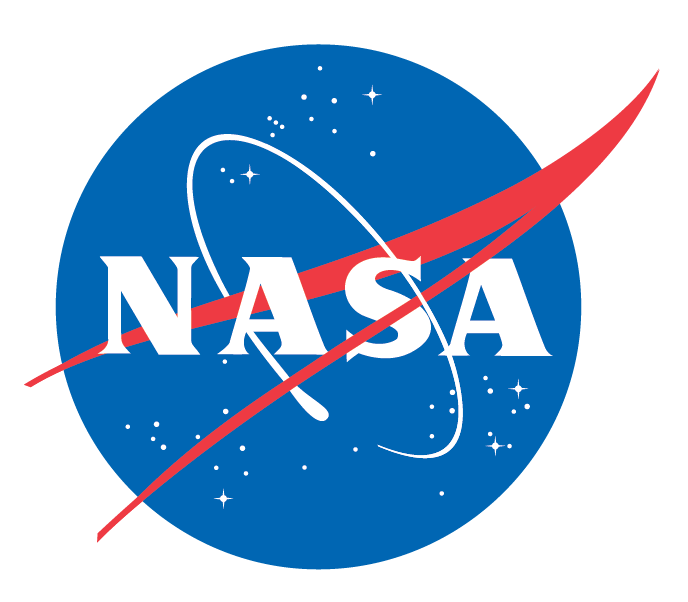![]()
A joint development initiative of National Aeronautics and Space Administration (NASA) and United States Agency for International Development (USAID), SERVIR works in partnership with leading regional organizations world-wide to help developing countries use information provided by Earth observing satellites and geospatial technologies for managing climate risks and land use.
SERVIR is improving awareness, increasing access to information, and supporting analysis to help people in Africa, Hindu Kush-Himalaya, Lower Mekong, and Mesoamerica manage challenges in the areas of food security, water resources, land use change, and natural disasters. With activities in more than 30 countries and counting, SERVIR has already developed over 40 custom tools, collaborated with over 200 institutions, and trained more than 1800 individuals, improving the capacity to develop local solutions.
Learn more here: https://www.servirglobal.net/

In 2008, NASA and USAID partnered with the Regional Center for Mapping of Resources for Development (RCMRD), based in Nairobi, Kenya, and together they began setting up SERVIR's Eastern and Southern Africa hub. RCMRD is a leading inter-governmental organization that currently has 20 Contracting Member States -- Botswana, Burundi, Comoros, Ethiopia, Kenya, Lesotho, Malawi, Mauritius, Namibia, Rwanda, Seychelles, Somali, South Africa, South Sudan, Sudan, Swaziland, Tanzania, Uganda, Zambia and Zimbabwe -- in the Eastern and Southern Africa Regions. RCMRD’s aim is to promote sustainable development through generation, application and dissemination of Geo-Information and allied ICT services and products in the Member States and beyond. The SERVIR-Eastern and Southern Africa project builds upon RCMRD’s existing strengths and augments their data management and training capability. Efforts complement RCMRD’s core mission and provide a springboard for the development of applications customized for Member States.
Learn more here: https://www.servirglobal.net/Regions/ESAfrica

SERVIR-Himalaya was established in 2010 at the International Centre for Integrated Mountain Development (ICIMOD) in Kathmandu, Nepal. ICIMOD is a regional intergovernmental learning and knowledge sharing center serving the eight regional member countries of the Hindu Kush Himalayas. Countries served are Afghanistan, Bangladesh, Bhutan, China, India, Myanmar, Nepal, and Pakistan. With the increasing influence of globalization and climate change on the stability of fragile mountain ecosystems and the livelihoods of mountain people, ICIMOD aims to assist mountain people to understand these changes, adapt to them, and make the most of new opportunities, while addressing upstream-downstream issues. SERVIR-Himalaya strengthens ICIMOD’s capabilities as an established regional resource center on geospatial information and Earth observation applications for the HKH region. Stakeholders range from decision-makers at the regional level addressing trans-boundary issues, to national governments, scientists, students, the general public, and development practitioners working in the region.
Learn more here: http://www.icimod.org/servir-himalaya



